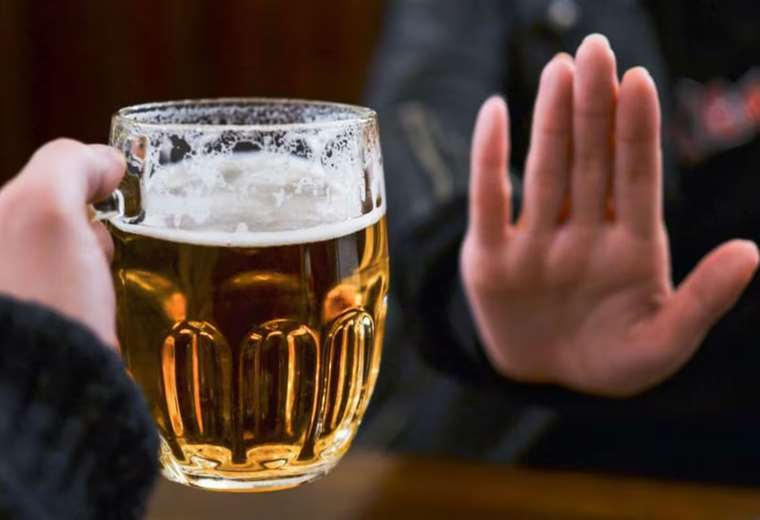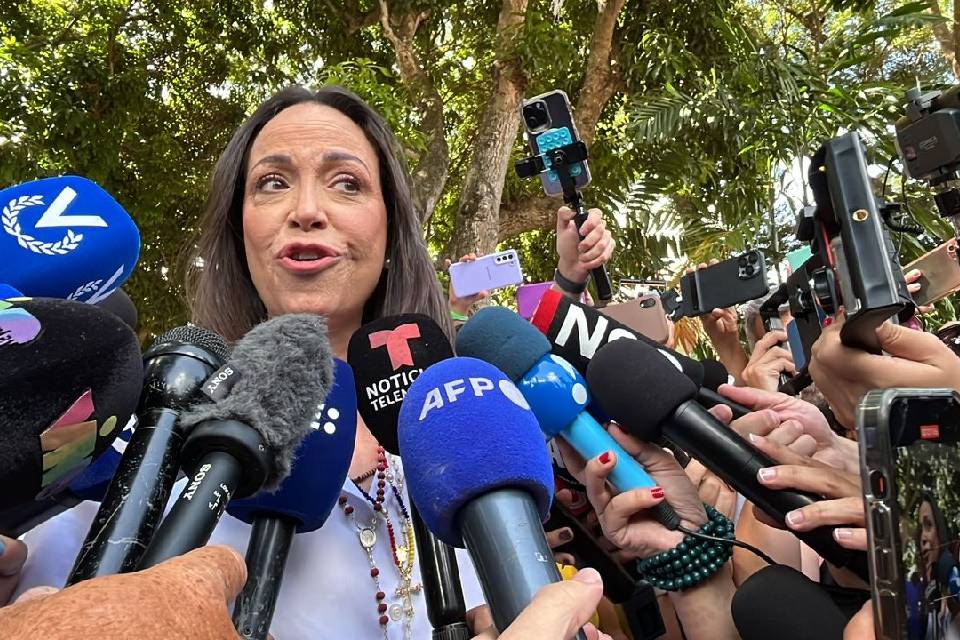Friday 12/13/2024 07:36 a.m. m.
Bolivia will go to the polls on Sunday to elect again the judges of the main courts of the countryafter a eventful process which was marked by the cancellation of the calls and the controversial extension of functions of the magistrates who were due to leave their positions at the beginning of the year.
The Supreme Electoral Court (TSE) authorized 7.3 million voters who will choose from more than 90 applicants the new judges of the Supreme Court of Justice (TSJ), Constitutional Court (TCP), Agro-environmental Court and Council of the Judiciary.
This will be the third judicial election after those held in 2011 and 2017, in which the majority of voters voted null and void, considering that the candidates selected in Parliament were related to the ruling Movement towards Socialism (MAS).
These are the keys to the process that will be carried out partially in several Bolivian regions:
1. Elections canceled in 2023
The elections were canceled in 2023 due to judicial appeals presented before constitutional chambers that ordered the paralysis of the candidate selection process in the Legislature on at least two occasions.
Added to this were the differences in the MAS, which at that time was already showing its internal fissures, due to the distance between former President Evo Morales (2006-2019) and President Luis Arce.
In September 2023, the TSE rejected the holding of the elections during that year because the Legislature did not send the list with the selected applicants.
2. Questioned extension of magistrates
At the end of 2023, the TCP magistrates extended their mandate and that of the judges of the other courts in the country under the argument of avoiding a “power vacuum” until new elections are held, despite the fact that their mandate ended at the beginning. of this year.
The extension of the magistrates’ duties sparked opposition protests in January, while sectors of the ruling party loyal to Morales blocked roads for 11 days to demand the judges’ resignation.
The conflict was resolved with a multiparty negotiation that resolved to approve a new call for the elections.
3. New call
President Arce promulgated the law calling for judicial elections in early February after differences in Parliament were resolved.
The current law made adjustments to the times for calling, presentation, selection and organization of the electoral process, which became from 80 to 150 days, in order to ensure that all stages are completed.
4. Court battle
The selection of applicants in the Legislature was once again besieged by the presentation of more legal appeals that had favorable resolutions, however a different court ordered the continuity of the process.
In August, the electoral authority set the elections for Sunday, December 1, but later the date was changed to the 15th of the same month due to the road blockades that were again carried out in October by Morales’ followers. to defend him from possible capture in a statutory rape investigation.
5. The elections will be held, but partially
At the beginning of November, the Constitutional Court declared void the call to elect the magistrates of that court and the TSJ in some regions of Bolivia, so the electoral body called for a political meeting to defend the holding of “comprehensive” elections and not partial.
Finally, the TSE complied with the order of the Constitutional Court, and the judicial elections will be held complete form only in La Paz, Oruro, Potosí and Chuquisaca, which are four of the nine regions of the country.
While in the departments of Beni, Pando, Cochabamba, Tarija and Santa Cruz will not be able to vote for the TCP candidates, In Beni and Pando the TSJ judges will not be elected either.
Evo Morales is the main critic of the holding of elections and the extension of magistrates, whom he accuses of serving President Arce, due to a constitutional ruling that would disqualify him from being a presidential candidate in 2025.















